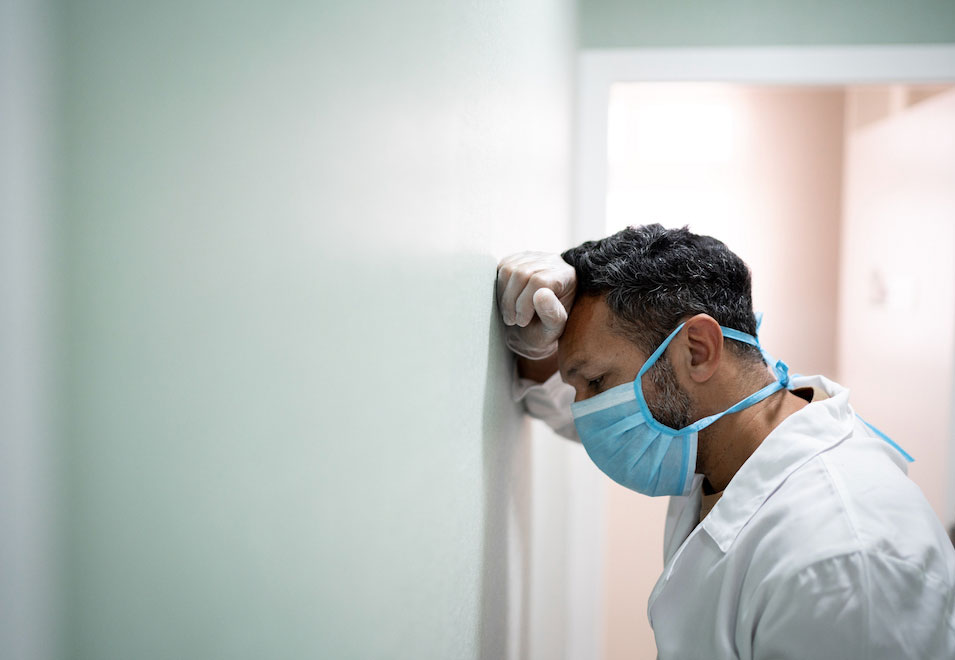
Staff Burnout
We’ve all read the headlines about the staffing crisis in the healthcare sector, and many of us have been personally impacted by gaps and delays. Exhausted and stressed staff are leaving the profession in their thousands. At HWF, we gather evidence-based research to understand the day-to-day experiences of staff that drive them to leave their professions, so that we can support staff in the most impactful way.
Last year we conducted a survey of 1,200 NHS staff and sent Freedom of Information requests covering 486,000 employees. The results revealed that some staff are working under poor working conditions. The nature of their working environment means that many have no access to daylight, hot food, drinking water or outdoors space in their short breaks. Many have nowhere to get showered and getting changed is usually done in cupboards or toilets. And too many reported having no staff rooms or places to snatch some sleep while on call.
“We have to get changed in toilets or cupboards or in front of each other.”
The impact of this on stressed staff making life-changing decisions can be frightening. Some doctors also reported near-miss collisions while driving home; poor decision-making at work and stress-related illnesses. No wonder healthcare workers are reporting burnout and low morale - it’s not all about pay, it’s about being valued and treated humanely.
At HWF we’ve recognised that improving well-being and morale is essential to retaining dedicated healthcare workers. Our programme of support has been designed to deal with issues raised by healthcare workers through our survey.
- HWF refurbishes staff rooms to ensure that staff have a place to unwind and recharge properly during long working days.
- We provide free counselling to protect the mental health of healthcare workers who are under immense pressure.
- Through our bereaved family support, we are there for the families who have lost a healthcare worker parent to COVID-19.
- We have launched a new form of financial support and provide grants of up to £1,000 to healthcare workers who are struggling with their finances.
We also work with organisations in the healthcare sector to advise on the issues raised by staff and to encourage simple changes that make a world of difference to those working in healthcare; easy access to drinking water, a working microwave in a staff room, a rapid queuing system so people can grab a quick bite - it’s not hard, it just needs someone to care.